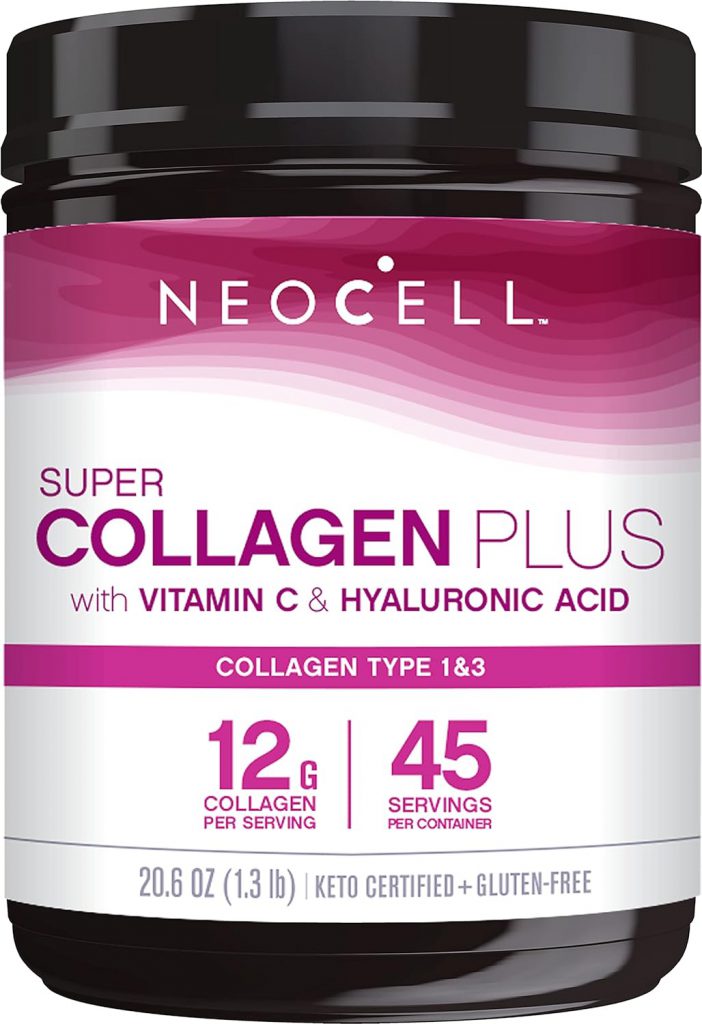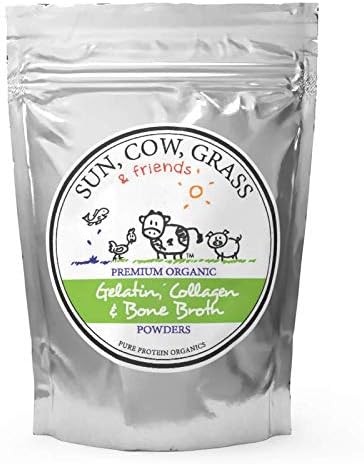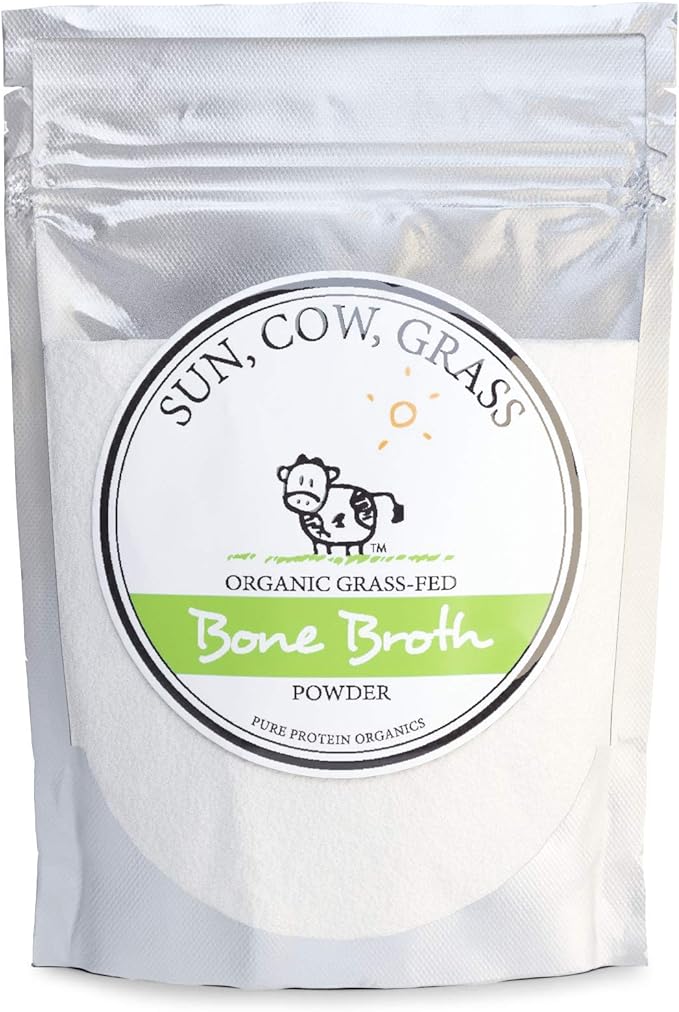Collagen serves as the foundational support system for our bodies. It is crucial for maintaining the health and flexibility of connective tissues, cartilage, and joints. For singers, collagen plays a particularly vital role in the strength and quality of their vocal cords.
Understanding collagen, the vocalist’s ally
Vocal cords rely on collagen for structure and mass, with higher collagen levels contributing to enhanced vocal strength and resonance. While individuals may be born with varying vocal cord mass, collagen levels can significantly impact vocal performance.
Collagen is abundant in various foods, including animal skin, ligaments, and bone marrow, as well as select vegetables. Understanding the different types of collagen, such as Type I for skin and Type II for joint support, is essential for optimizing its benefits for singers.
Top collagen sources
Here are a few of the top collagen sources that are found in many diets (my favourite is chicken!):
- Chicken and beef (with connective tissue): Rich in Type I collagen, crucial for skin and bone health.
- Fish bones: Provide Type I collagen and minerals like calcium and phosphorus, supporting bone density.
- Egg whites: High in proline, an amino acid necessary for collagen production.
Types of collagen and their functions
There are 16 different types of collagen. Some of them are more commonly found than others. Here are the top five:
- Type I: Provides structure for skin, bones, tendons, and ligaments.
- Type II: Supports elasticity in cartilage, essential for joint health.
- Type III: Found in muscles, arteries, and organs, contributing to tissue flexibility.
- Type IV: Forms layers of the skin, contributing to its integrity.
- Type V: Present in the cornea of eyes and skin layers, playing a role in tissue strength.
Essential nutrients for vocal health
Certain nutrients are crucial for collagen synthesis and overall vocal health.
Nutrients for collagen production
There are other nutrients that aid the process of collagen production. I’ve listed some of these nutrients below, which are essential for aiding in collagen production:
- Vitamin C: Acts as a cofactor in collagen synthesis, essential for converting proline to hydroxyproline.
- Proline: A key amino acid in collagen formation, found in mushrooms, asparagus, and cabbage.
- Glycine: Supports collagen structure and has anti-inflammatory properties, abundant in turkey and chicken.
- Copper: Required for the final step of collagen formation, linking collagen molecules to form strong connective tissue.
- Zinc: Supports collagen synthesis and bone formation, found in oysters and red meat.
Maintaining vocal strength through diet
A balanced diet rich in collagen-promoting foods can support vocal health and performance. Here are some important foods for vocal health:
- Garlic: Boosts immune system and collagen production, aiding in vocal cord repair.
- Leafy greens: High in chlorophyll and antioxidants, protecting vocal cords from oxidative stress.
- Beans: Provide protein and collagen-promoting amino acids like proline and glycine.
- Cashews: Rich in zinc and copper, supporting collagen synthesis and tissue repair.
- Cottage cheese: Contains casein protein for muscle growth and repair, crucial for vocal muscle maintenance.
Protecting your vocal investment
As singers age, declining collagen levels can lead to vocal cord deterioration and reduced vocal strength. There are some particularly bad habits that can accelerate this process.
Habits to avoid
- Smoking: Damages collagen and impairs vocal cord function.
- Excessive alcohol consumption: Dehydrates vocal cords and accelerates collagen breakdown.
- Poor sleep routines: Disrupts collagen production and vocal cord repair processes.
- Late-night snacking: Leads to acid reflux, irritating vocal cords and inhibiting collagen synthesis.
- Frequent fast food intake: Severely impairs collagen production.
The role of supplements in vocal health
Supplements offer a convenient way to ensure consistent intake of essential minerals for vocal health. Products like Neocell Super Collagen, paired with zinc, magnesium, and multivitamins, can complement dietary efforts to support collagen levels and overall vocal performance.
If you’re like me and your goal is to maintain or add additional mass to your vocal cords, then we need to get serious about finding the easiest and most effective ways to supplement our collagen intake. This is because we don’t always eat the right things.
I personally use collagen supplements as a way of being able to top up my body’s collagen levels. I combine this with zinc, magnesium and multivitamins, which include vitamin C. The brand I personally use at the moment is called Neocell Super Collagen (available in different sizes for delivery from Amazon), but any reputable vitamin brand will suffice.

If you’re looking for some of the other supplements mentioned, here are my top picks:
- Zinc: Blackmores Bio Zinc
- Magnesium: Blackmores Bio Magnesium
- Multivitamins: Blackmores Executive B
Another supplement I use to promote collagen synthesis is bone broth, which I make into a soup by mixing with hot water and stirring. Here are a few links to bone broth products, which is a good way to add variety to your collagen intake:
- Chicken bone broth: Sun, Cow, Grass & Friends organic chicken bone broth
- Beef bone broth: Sun, Cow, Grass & Friends organic beef bone broth


Disclaimer: The provided supplement links are Amazon Associate links, which support the site at no additional cost to you. In keeping with my “No BS” policy, I will never recommend any product that I wouldn’t personally use.
Empowering singers for longevity
For singers experiencing vocal strength loss or concerns about overuse, a personalized vocal routine and strategic collagen supplementation can be invaluable.
Conclusion
Collagen serves as the cornerstone of vocal strength and resilience, making it essential for singers to prioritize its production through diet and supplementation. By understanding the importance of collagen and adopting proactive measures to support vocal health, singers can ensure their instrument remains strong and vibrant throughout their careers.
I recommend a multidimensional approach to your collagen boosting strategy:
- Eat foods that are rich in the components that help the body to produce natural collagen.
- Consume a high quality multi-type collagen powder. Add it to your drinks and smoothies to maximise collagen production.
- Drink bone broth (delicious soups high in collagen).
- Reduce excessive sun exposure.
- Reduce your body’s exposure to nicotine.
- Get more sleep, or a better quality of sleep.
For personalized vocal health guidance or consultations, feel free to reach out and book a consultation today.


Hi there! I appreciate this information so so much. My voice has become wobbly and unreliable in recent years. I’m 50 years old and I thought it may be because of hormones. Whatever it is I don’t know for sure, but I just want my voice back, strong and vibrant . I’m going to try some of the things you’ve mentioned.
Thx a bunch
Hi Angela,
Thanks for your comment. There can be many reasons as to why your voice has become wobbly and unreliable in recent years.
I’m assuming that prior to this experience your singing/speaking voice was stronger? I highly recommend that you seek out the services of an expert ear, nose and throat specialist (ENT) in your area. The first thing that you want to rule out is that you’re not suffering from an obvious vocal condition like polyps or nodules on your vocal cords.
If your vocal cords are in good health and none of these vocal conditions are present, get your ENT to look at the size of your vocal cords, because over time our collagen production diminishes and our vocal cords can end up being depleted of collagen, making them smaller in mass.
The other thing that I recommend that you talk to them about is whether your vocal cords have developed any kind of partial paralysis. This will require a procedure called a Stroboscopy, where a tube with a camera is inserted down through your nose and into your throat so that the ENT is able to observe your vocal cords up close. They can then identify any irregularities.
If you’d like to read more about how to identify certain vocal conditions, I’ve written a blog post on this very topic! Simply click here to read it.
In any eventuality where you are looking to regain strength in either your singing or speaking voice, you are welcome to book a vocal diagnostic consultation with me and I can help you to strengthen your vocal cords and also help you to improve your vocal cord closure.
-Paule Enso